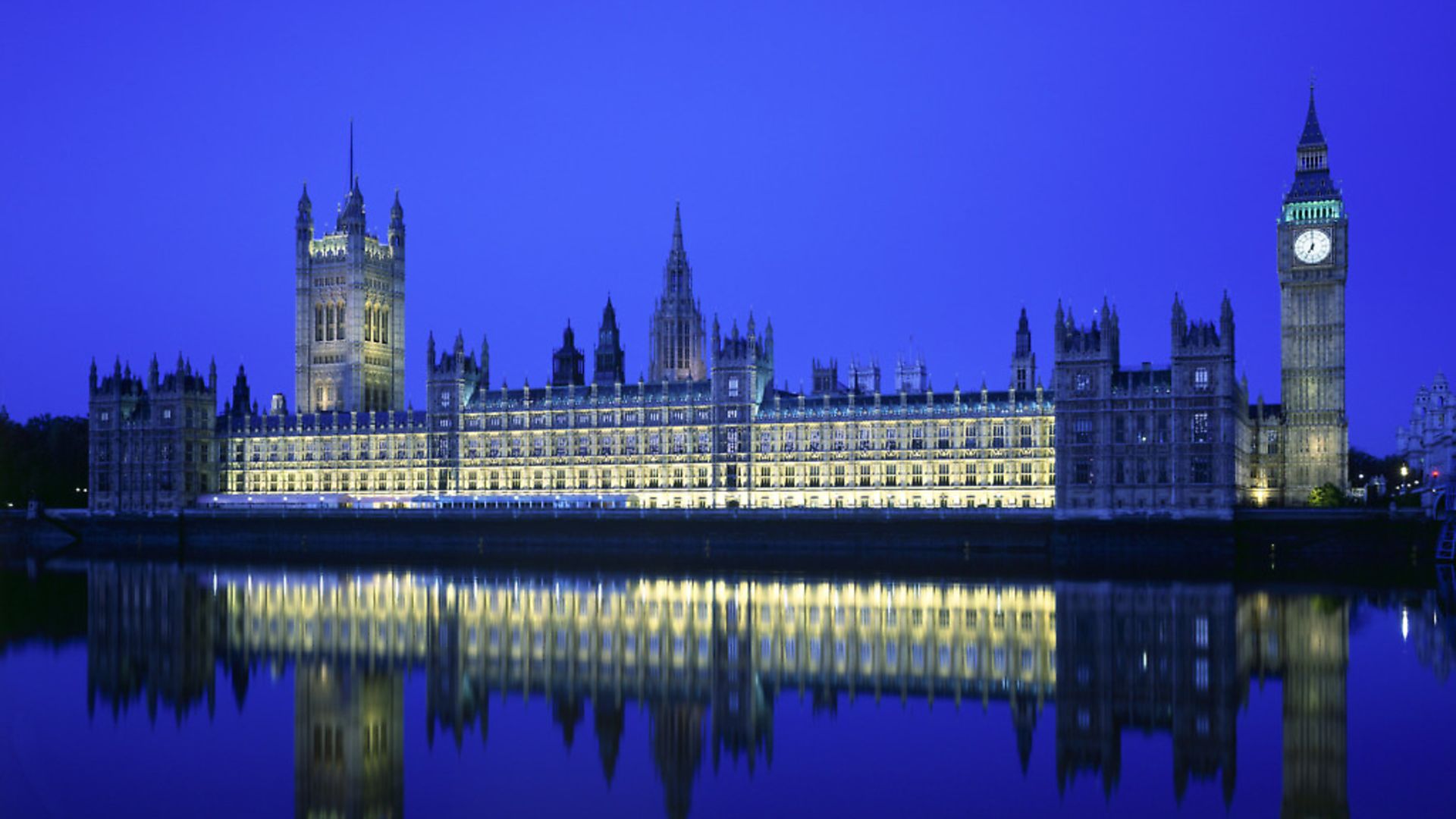
The government has been heavily defeated in the Lords over demands to put environmental sustainability at the heart of post-Brexit fishing policy.
Peers backed a cross-party amendment to the Fisheries Bill aimed at making this the prime objective to prevent over-fishing and damage to the marine environment.
The government’s bill enables the UK to become an independent coastal state post-Brexit, with foreign fishing boats barred from fishing in UK waters unless licensed to do so.
But independent crossbencher Lord Krebs said that, as currently drafted, it did not guarantee the protection of fish stocks and the wider marine environment.
Lord Krebs, a former chairman of the Food Standards Agency, said whenever there was a trade-off between short-term economic and employment considerations and long-term environmental sustainability, short-term factors nearly always won.
Have your say
Send your letters for publication to The New European by emailing letters@theneweuropean.co.uk and pick up an edition each Thursday for more comment and analysis. Find your nearest stockist here or subscribe to a print or digital edition for just £13. You can also join our readers' Facebook group to keep the discussion and debate going with thousands of fellow pro-Europeans.
‘This is what has led to over-fishing and long-term damage to the marine environment in many of the world’s fisheries.’
He said this was parliament’s ‘big chance to get the management of our fisheries on a genuinely sustainable footing and avoid the mistakes of the past’.
Backing the move for the opposition, Baroness Jones of Whitchurch said sustainability of Britain’s fishing stock must be the ‘number one priority’.
Lady Jones said: ‘It leaves behind the deals and the compromises that were an inevitable part of the common fisheries policy and will put our fisheries on more long-term assured footing, with fish stocks to fish for generations to come.’
For the government, environment minister Lord Gardiner said peers were all seeking the same thing – a ‘vibrant and sustainable fishing industry with a greatly improved marine environment’.
The industry could only be viable if it was environmentally sustainable and this was why the Bill gave equal weight to environmental, social and economic considerations, he added.
He said the amendment would create a ‘hierarchy’ of objectives and mean that in any circumstances ‘short-term environmental considerations would need to override even critical economic and social needs’.
The peer warned the change could have a severe impact on parts of the UK fishing industry and could lead to the closure of mixed fisheries where most fish stocks were at a sustainable level but some were in recovery.
The Lords approved the amendment by 310 votes to 251, majority 59, in the report stage debate on the legislation.






